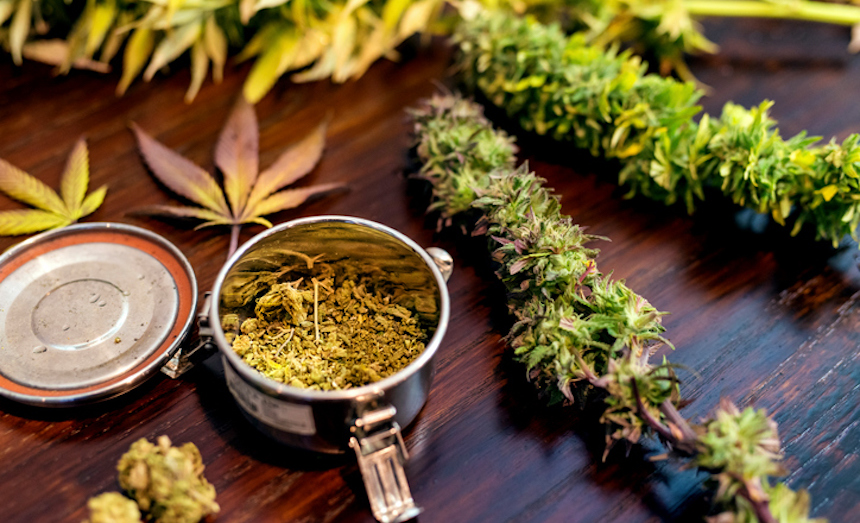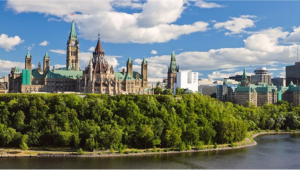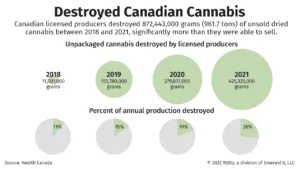From thespinoff.co.nz link to article by Alice Webb-Liddall, Oct 21 2019
In 2019, the Australian Capital Territory (ACT) became the first Australian jurisdiction to pass laws legalising recreational cannabis use, cultivation and possession, which will come into effect from 2020.
Professor Simon Lenton from the National Drug Research Institute, Curtin University, Australia, says while this is an important first step, it’s a very small one.
“It’s a modest proposal. It legalises less than 50 grams of dry cannabis, up to two plants per person, maximum of four per household. It’s in conflict with commonwealth laws and there’s a worry that it’ll be rolled over by the feds, it probably won’t but that’s a risk. They’ve banned artificial cultivation which is a bit of a problem because it’s pretty cold down there and they’ve used artificial light as a defining characteristic. They haven’t allowed gifting, so it’s got a lot of problems but it’s the first that’s got through legislation in Australia.”
Lenton played a role in the reclassification of cannabis-related crime from criminal to civil in Western Australia that was passed under the Labour government of 2004, but overturned in 2007 when a conservative government was elected.
“The cannabis infringement notice programme we had in place in WA was if you had under 30 grams you got a notice, up to two plants, you had 28 days to pay the fine or you could do an education session in lieu of paying a fine, which was intended to not criminalise people who couldn’t afford to pay the fines.”
He says under this system he did still notice a disproportionate amount of indigenous people getting these notices, and he says no cannabis law will change the state of racial inequity completely.
“It’s the same with lots of aspects of the law, how it operates, it’s a huge problem in Australia and in so many other places around the world.”
The social costs of a criminal record was one thing Lenton says the WA legislation was wary of. In the three years the legislation was implemented, over 2,500 people who previously didn’t have a criminal record avoided getting their first on the basis of cannabis use or possession.
“Getting a criminal conviction has much greater impact on employment, relationships, education, further involvement in the criminal justice system and travel. Changing the law from a criminal penalty scheme to a civil penalty scheme didn’t result in greater numbers of regular cannabis users… but the social costs of getting a criminal conviction were far greater.”



















Comments are closed.